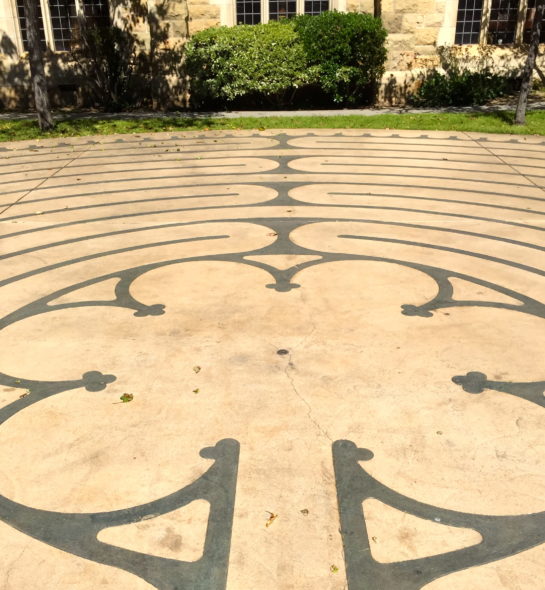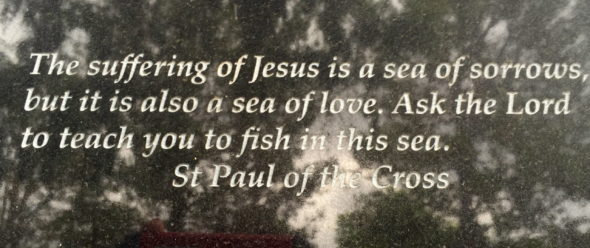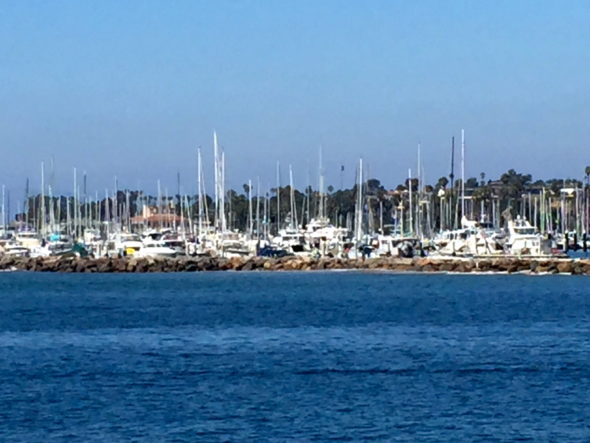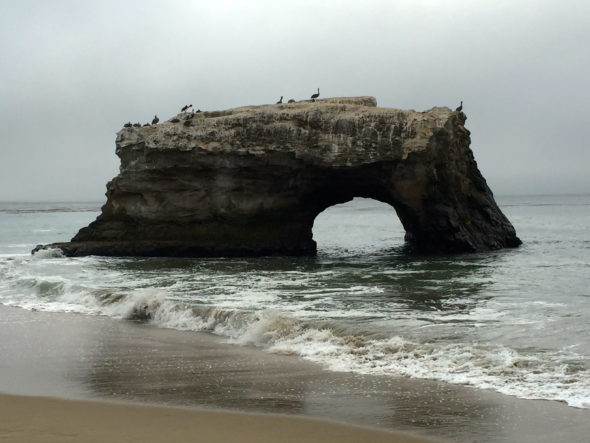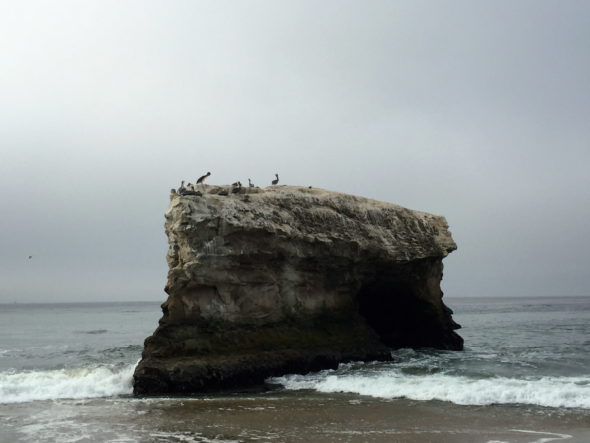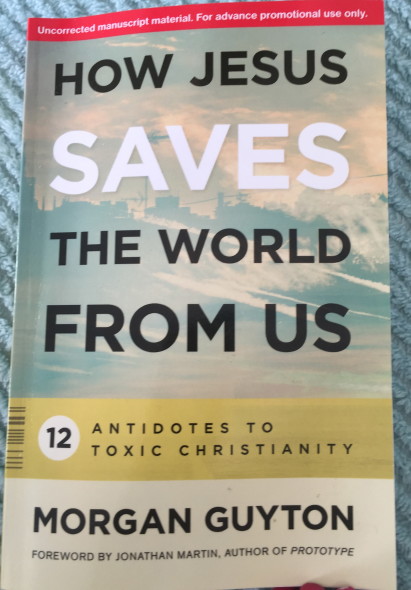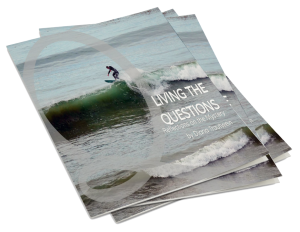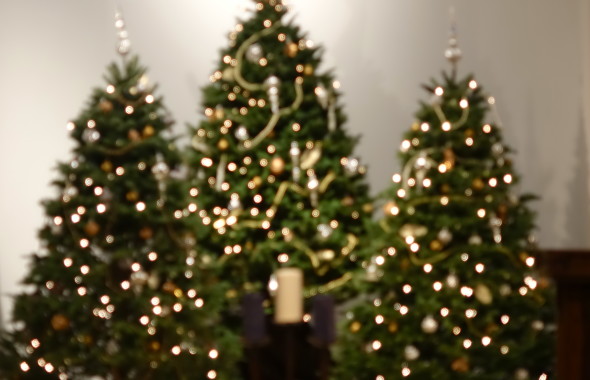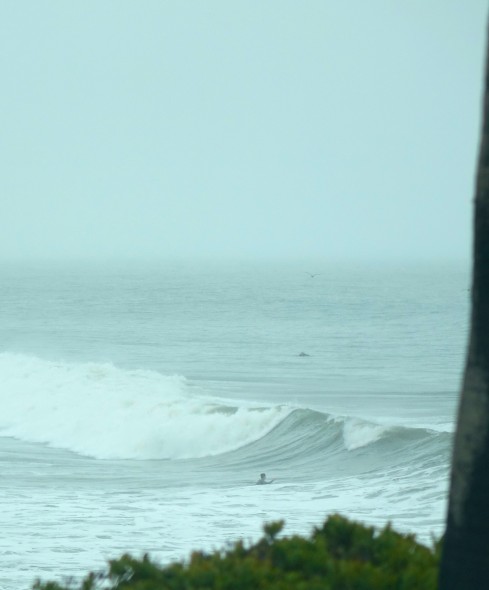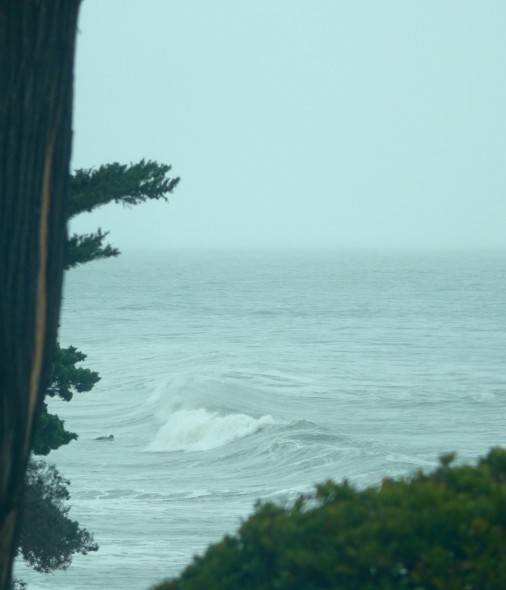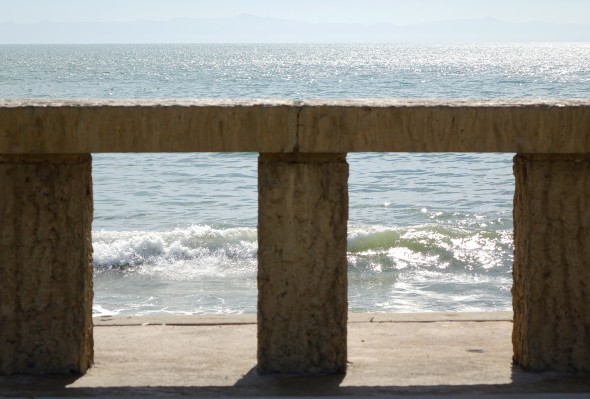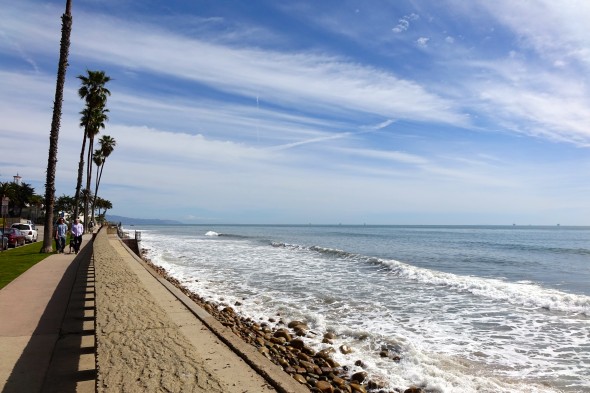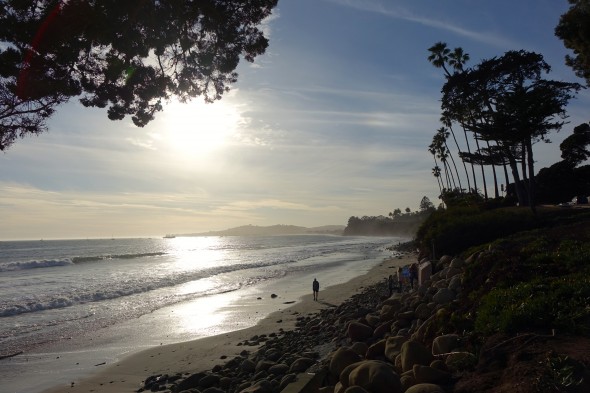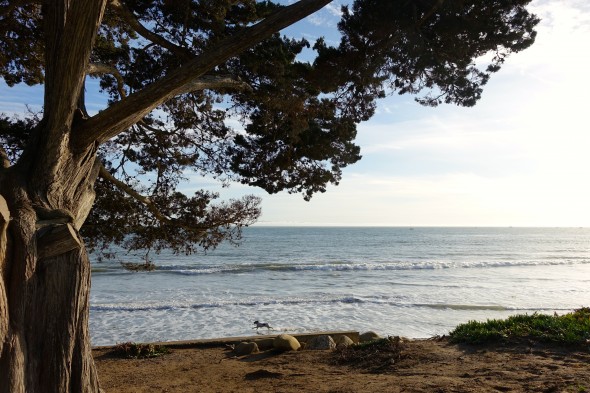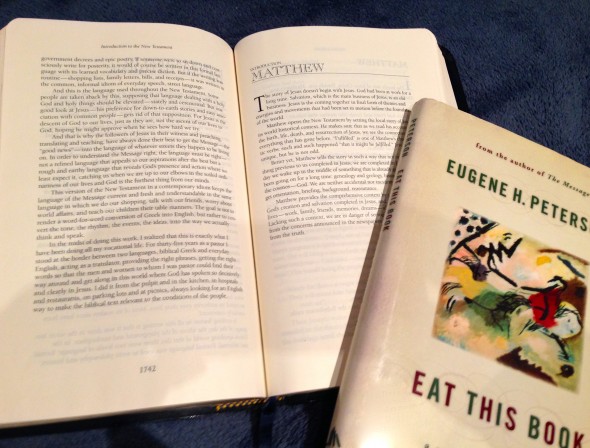So, this whole ‘let go and let God’ cliche from so many voices in the evangelical world. I’ve written about and around and through this whole idea from lots of different angles over the years, most especially as this cliche morphs with others — like, ‘he must increase, I must decrease,’ or ‘more of Jesus, less of me.’ There’s something about the whole ‘dying to self’ mentality that has gotten more than a little bit twisted over the decades. The longer I live — and clearly, that has been a lotta years now — the less I like any of it. In truth, I believe that this particular worldview has done far more harm than it has good.
When we advocate for the annihilation of the self — and at its core, this phrase is advocating for exactly that — we are lying to people, big-time. We are teaching something that is diametrically opposed to the kind of life Jesus invites us to live, the kind of life Jesus modeled for us, the kind of life we are designed to inhabit. We are, in a word, deeply devaluing the Incarnation. God took on our flesh — that’s how deeply we are loved. That’s how valued human flesh is — every single human-fleshed person ever exisiting — every.single.one.
Please hear me clearly here: I am not in any way disparaging the sacrificial work of Jesus on the cross, nor am I saying that we are destined for an easy, comfortable life. If the gospel shows us anything, it is that a life lived well is a life lived with generosity, kindness, tolerance, joy and acceptance. It is also a life marked by suffering, loss, sorrow, grief, tragedy and sometimes unspeakable horror. We are human persons, living in a world of beauty and of terror. Life lived here will always be a mixed bag. Yet we are promised joy in the midst of all the mess and mayhem. How is that possible?
Well, it doesn’t happen by abdicating our selfhood. It doesn’t happen by waiting for some kind of robotic activity within our zombie-like bodies under the strange spell of a god who is outside of us and chooses to use us like puppets on a stage.
It does happen when we are open to the possibility of partnership.
When we say ‘yes’ to the sweet voice of the Spirit who woos us with an invitation to join the dance.
It happens when we spend time, energy, effort — and money, as needed! — to discover who we are and how we’re wired. It then becomes our ‘job,’ if you like — our primary task in life — to experience God’s delight in us and to realize that it is God’s delight that both invites and empowers us to use our unique mix of gifts and talents in service of the kingdom dream. And that is going to look different for every single one of us.
There are no duplicates in God’s design. And we will never, ever become clones of anyone, not even Jesus. Hopefully, there will be in us — as in an old, married couple — an increasing similarity, striking ways in which we begin to resemble one another and our elder brother. But letting go of who we uniquely are at the core of our being is not what is required. Not at all. On the contrary, it is when we discover and release our ‘who-ness’ that God is most delighted and most honored. Ireneaus got it right, all those centuries ago, “The glory of God is a human person, fully alive.”
There will always be things to let go of, oh, yes, there will. Most particularly, we must learn to release all the accretions of time and choice that are keeping us from knowing and being our truest selves. Things like pride, fear, obsessive drives of any kind, besetting sins. Those things we must part with — or at least, keep working on!
But that center piece, that true blue, loving, imago dei? Oh, no — not that. Not ever that. YOU are designed in the image of a loving, creative, hard-working, knows-when-to-call-it-a-day, merciful, justice-seeking, lovely, kind and joyful GOD. A God who sends some spark of divinity right into each and every soul that draws breath on this planet. A God who sees, knows, loves, and draws forth that spark, over and over and over again. A God whose desire is for our good, for our growth, for our mutual embrace. A God who — beyond our power to reason, imagine or sometimes, even believe — wants human beings to jump into the circle and DANCE.
Don’t ever let go of that.
Joining this reflection with Addie Zierman’s, “Let Go, Let God” link-up. Oh YAY for link-ups!
